ruling
Latest
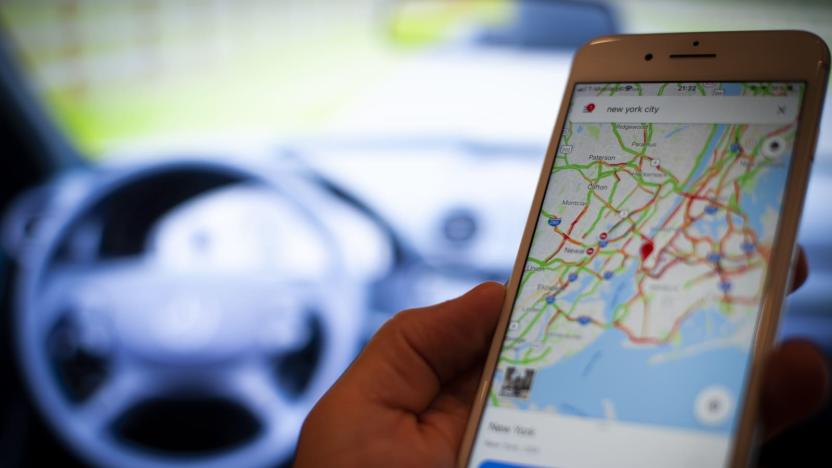
FCC ruling will help make smartphone GPS more accurate
GPS stands for "global positioning system," which is slightly ironic since it's owned and operated by the US Air Force. However, the FCC has just made a move to open up satellite navigation beyond America's borders. A new order means your smartphone can also use Europe's Galileo system, which will make sat nav faster and more accurate, the regulator said.

Canada court says ISPs can charge studios for hunting pirates
It could soon prove expensive for media makers to chase online pirates in Canada. The country's Supreme Court has unanimously ruled that internet providers are entitled to "reasonable" compensation when asked to link pirates' IP addresses to customer details. Voltage Pictures (the production firm behind The Hurt Locker) intended to sue roughly 55,000 customers of telecom giant Rogers for allegedly bootlegging movies, but balked when Rogers wanted to charge $100 per hour to comply with the requests for information. Rogers won the initial Federal Court case, but had to defend itself at the Supreme Court when Voltage appealed the case.

Lab-grown meat is not meat, Missouri state rules
What's the definition of "meat"? Once upon a time that would have been an easy enough question to answer, but the advent of meat-substitute products such as the Impossible Burger and the arrival of cultured meat -- aka lab-grown meat -- has given regulators in Missouri pause for thought. On Tuesday, it became the first state in the US to enact a law stating that the word "meat" cannot be used to sell anything that "is not derived from harvested production livestock or poultry."
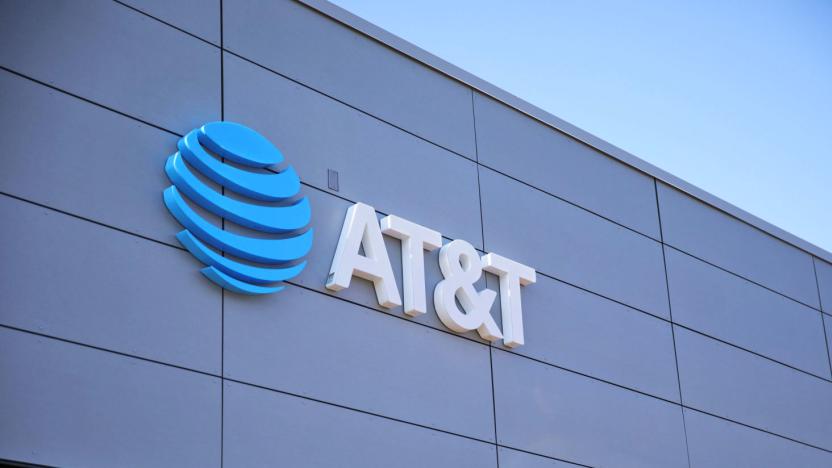
Judge rules AT&T can purchase Time Warner
Last November, the Department of Justice slapped an antitrust lawsuit on AT&T's proposed acquisition of Time Warner and the trial resulting from that lawsuit wrapped up last month. The DOJ has maintained that merging the two companies as is would threaten competition, but AT&T has said the deal won't produce anticompetitive effects and moreover, that the DOJ hasn't effectively demonstrated that it would. Today, US District Judge Richard Leon has issued his ruling on the suit and has declared that AT&T can buy Time Warner.

Uber executives on the hook for criminal charges in France
France can bring criminal charges against Uber executives for operating an illegal taxi service, the Court of Justice of the European Union (ECJ) has ruled. The decision stems from events in 2015, when France's government banned UberPop and said that if Uber managers told drivers to ignore the ban, they'd be committing "a criminal offense." Uber executives defied the ruling, and the situation culminated in a raid on Uber's Paris office and the arrests of Uber France CEO Thibaut Simphal and Uber European GM Pierre-Dimitri Gore-Coty.

German court says cities can ban diesel cars
Germany has already made its commitment to cleaner vehicles clear by calling for a ban on combustion engine cars starting by 2030. Now, in a landmark ruling, a top court says cities have the right to ban diesel motors in an effort to improve air quality. The decision will potentially affect 12 million cars on Germany's roads.
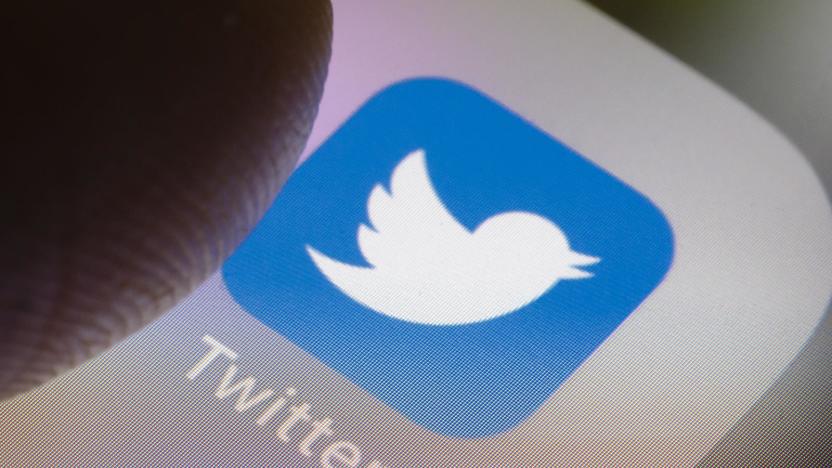
Embedding a tweet could violate copyright
If you've ever embedded a tweet on your blog, that could be a copyright violation, according to a New York federal court ruling. Numerous sites, including Time, Yahoo (which is part of Oath, Engadget's parent company) and Breitbart published stories with an embedded tweet containing an image of NFL star Tom Brady. The tweet was posted by another party, but the photographer who took the photo accused the news sites of copyright infringement for embedding it. The judge agreed, saying their actions "violated plaintiff's exclusive display right."
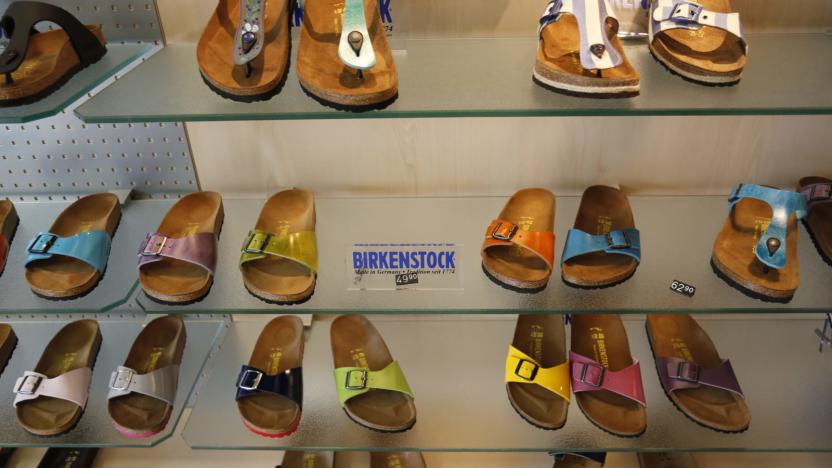
Birkenstock vs. Amazon feud extends to search typos
In 2016 Birkenstock chose to stop doing business with Amazon, citing problems with counterfeit goods on the site and shady resellers. Now, the shoe company has a court win too, where a German judge ruled that Amazon can't even buy ads on variations of the name that shoppers may mistype. Birkenstock's case is that if someone is lured to Amazon's site, they won't find its real products, just counterfeits that could damage its reputation. Will these two work things out? Amazon's spat with Google doesn't seem to be cooling off, but earlier this year it did establish a partnership with Nike addressing similar concerns.
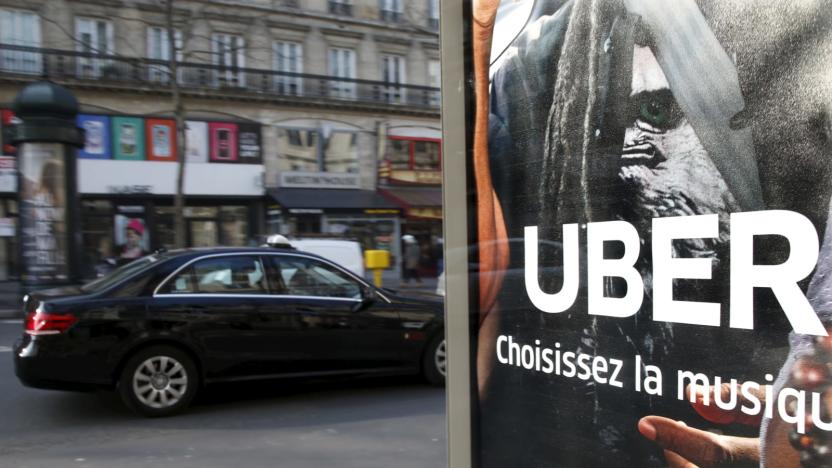
EU decides to treat Uber like a taxi company, not an app
Europe's highest court has ruled that Uber is a transportation company and not some kind of middleman between passengers and drivers, like it has often claimed. The much-anticipated decision opens the door for member nations to impose stricter regulations on the company, especially where it operates the UberPOP service with non-professional drivers.
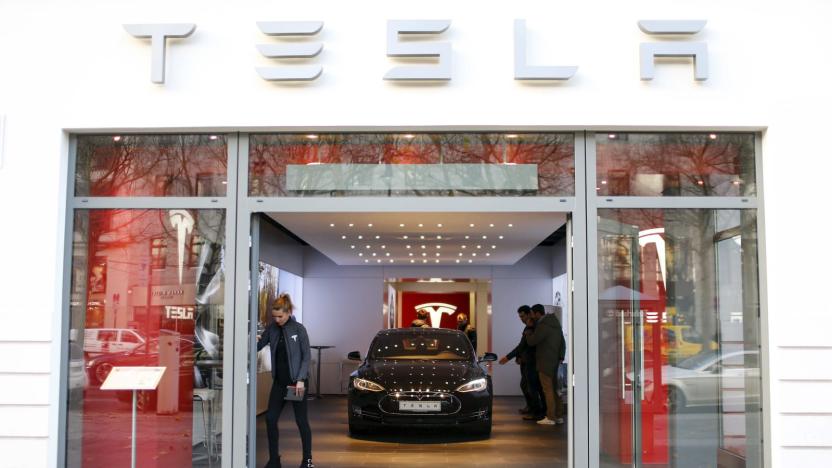
Tesla can sell EVs in Missouri again after court win
Auto dealerships in Missouri really don't want Tesla on their turf, and last year got a judge to ban the automaker from getting a license in the state. However, the Missouri Court of Appeals has overturned that verdict, allowing Musk & Co to resume selling cars directly to consumers. "We have been serving customers in Missouri for almost five years and have contributed to the state economy and jobs for Missourians -- something that will now continue," Tesla said in a statement.

EU lets luxury brands block goods from Amazon
Luxury brands in Europe have won the right to block sales of their products online if they feel it damages their image. An EU court ruled that Coty, the owner of brands like Calvin Klein, Covergirl and Chloe, can block its German distributor from using Amazon and other internet retailers. "Such a prohibition is appropriate and does not, in principle, go beyond what is necessary to preserve the luxury image of the goods," the European Court of Justice ruled.

Judge rules NYPD needed a warrant before using cell-site simulator
A Brooklyn judge has ruled that because the New York Police Department (NYPD) used a cell-site simulator, also known by the brand name Stingray, to track down a murder suspect without a warrant, some evidence against the suspect will be thrown out. As the New York Times reports, the NYPD initially denied using such a device in this case, but later conceded that it had. Following the suspect's arrest, he was picked out of a lineup by another victim, and that's what is being tossed out.

Intel escapes €1.06bn antitrust fine... for the time being
The highest court in the European Union has ordered a €1.06 billion ($1.4 billion) antitrust fine against Intel be re-examined, heralding a victory for other technology companies currently facing similar investigations from Europe. In 2009, the European Commission found that Intel had "harmed" its rivals by giving incentives to computer makers Dell, Lenovo and HP for using its microprocessor chips instead of those from rival AMD. Intel appealed, but the fine was upheld in 2014.

India’s privacy ruling could disrupt its biometric society
A landmark judgement has ruled that Indian citizens have a fundamental right to privacy, despite the country's vast biometric identification scheme. In a case bought forward by opponents of the government's Aadhaar biometric program, Chief Justice J.S Khehar said privacy was "protected as an intrinsic part of Article 21 that protects life and liberty". The unanimous verdict from the nine-judge bench overturns two previous rulings by the Supreme Court which said privacy was not a fundamental right.

Uber and Lyft are losing their fight against unionization
A federal judge has dealt a blow to ride-hailing companies such as Uber and Lyft, after dismissing an appeal to block legislation that would allow their drivers to unionize. US District Court Judge Robert Lasnik rejected the lawsuit filed by the US Chamber of Commerce on behalf of its members (including Uber and Lyft), which argued that drivers are contractors, not employees, and therefore federal and state laws do not give them the right to unionize. This is good news for advocates of Seattle's Uber unionization law, which was passed by City Council in 2015 and gave rideshare drivers collective bargaining rights. But they're not out of the woods yet. In April Lasnik temporarily blocked this law from going into effect while he considered its various legal challenges, and it remains blocked despite the rejection of the Chamber's lawsuit.
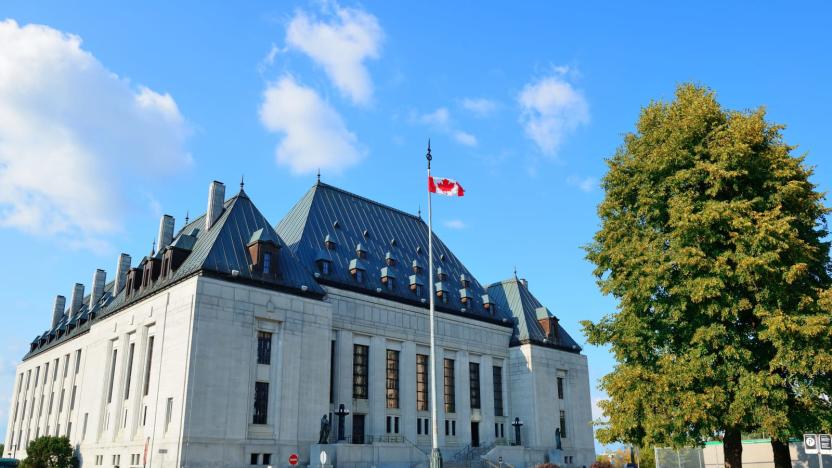
Canada says court order to pull Google results applies worldwide
In 2012, Canadian manufacturer Equustek asked Google to remove search results relating to a court case against Datalink, a distributor of the former company's network devices. While Google complied with the request, it only did so in Canada itself. The Supreme Court then ordered Google to remove search results pertaining to the issue in all countries Google operated in. Google appealed the decision, arguing that the order went against its own freedom of expression. The court has now rejected the company's argument. The majority decision says that Canadian courts may in fact grant injunctions that compel compliance anywhere in the world.
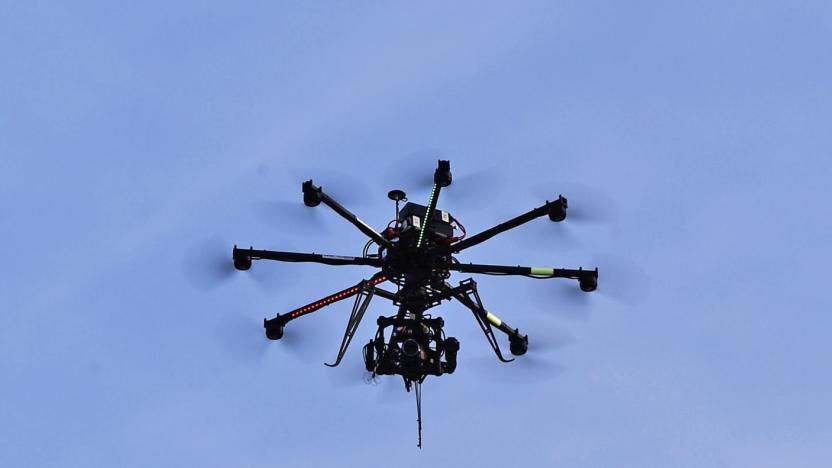
Sweden effectively bans camera drone flights
Don't bring a drone with you to document your trip to Sweden -- you could find yourself in legal trouble. The country's Supreme Administrative Court has effectively banned camera drone flights through a ruling. Camera-equipped drones are surveillance cameras, the court argues, and that means they need a permit indicating that they'll be used to prevent crime or accidents. And since you probably aren't flying a drone to keep watch over your home, you're likely out of luck.

Court says police don't need warrants for phone location data
You would think that police would require a warrant to get your phone's location info, right? Not according to the US' Fourth Circuit Court of Appeals. It just ruled that asking a company for cellphone location data you've offered to a third-party doesn't represent a search under the Constitution's Fourth Amendment, and thus doesn't need a warrant. According to the judges voting for the decision, volunteering your position info means you've given up a "reasonable expectation of privacy" -- if you didn't want to share where you were, you wouldn't have handed that knowledge over to someone else, would you?
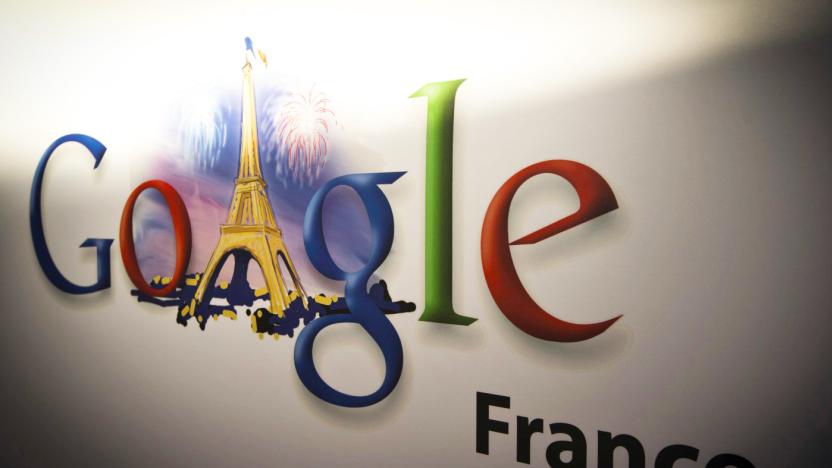
France fines Google for breaking 'right to be forgotten' law
Europe's "right to be forgotten" law is a boon to privacy, helping individuals hide embarrassing Facebook posts and other "out-of-date and irrelevant" results from search engines. However, many think it tramples on the public's right to know, as quite a few examples have shown. Everyone agrees that it's hard to enforce, thanks to the border-free nature of the internet. The law is about to get a new test, because France has slapped a €100,000 ($112,000) fine on Google over its refusal to fully remove results on sites outside the nation.

Supreme Court decision may derail Obama's emissions pledge
At the Paris climate talks, President Obama pledged that America, historically the world's biggest polluter, would reduce its carbon emissions 32 percent by 2030. However, the Supreme Court has ruled that it will not enforce his Clean Power Plan, now under the jurisdiction of the Environmental Protection Agency (EPA). The court voted along party lines, with the five conservative judges ruling that states don't have to start making emissions cuts until lower courts rule on pending challenges.





